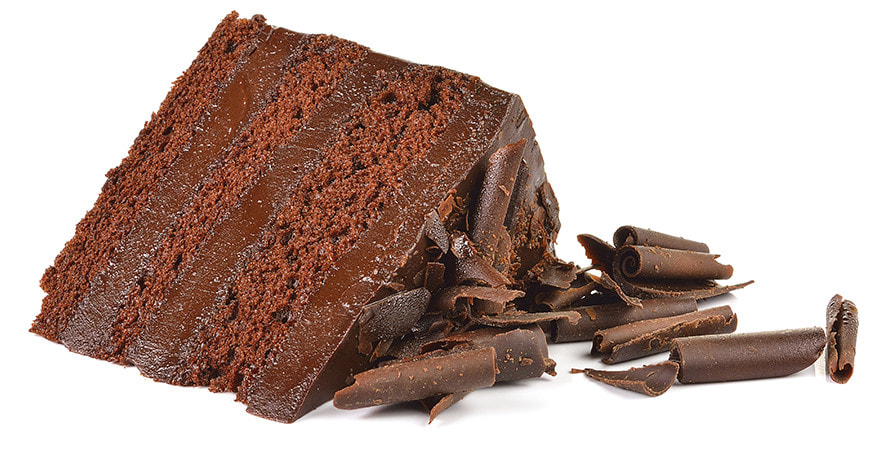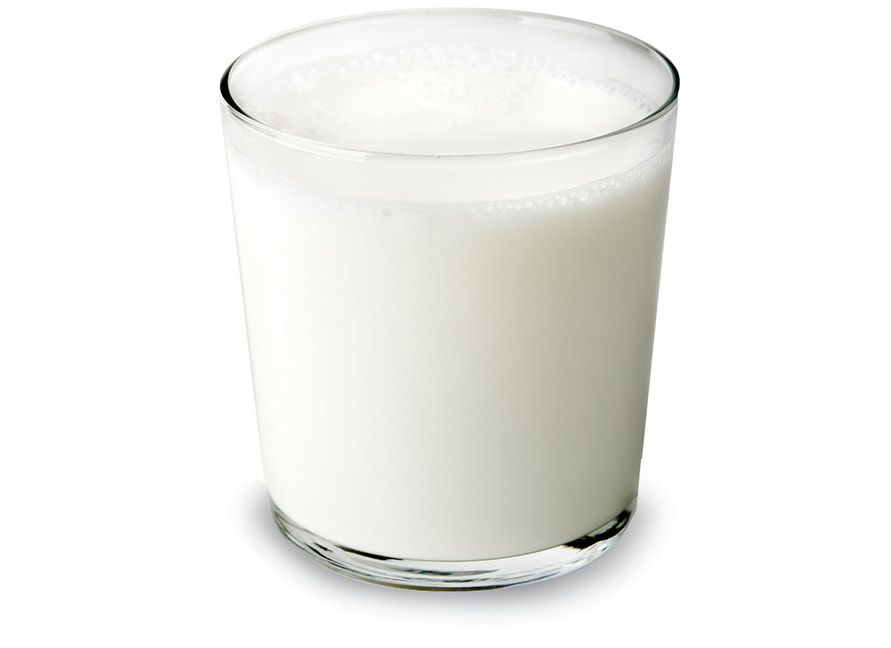Colostomy Diet & Hydration
After your surgery you may find your appetite is reduced, but it is still important to eat little and often to help your recovery. You should be able to eat normal foods and return back to the food you enjoyed before your surgery. You may find that some foods can upset your stoma, but this may be a one off and we would advise you to try them again in a couple of weeks.
Dietary tips for the early days:
|
You are likely to have lost weight following your surgery. It is important to increase your intake of calories, fat and protein to aid your body’s healing process. In addition to your normal diet, you should look to include the following foods:
|
Ongoing dietary advice
People with a colostomy will experience the same common digestive issues that they may have had before their surgery, such as wind, odour, constipation and diarrhoea.
|
|
Wind
|
Solutions to reduce wind
|
|
Sometimes certain foods can give you wind. The following foods
may increase wind:
|
|
Leafy green vegetables can cause more wind in the early days. Try root vegetables such as carrots, parsnips and sweet potatoes
|
Odour
|
Solutions to reduce odour
|
|
The following foods can sometimes cause odour:
|
|
|
Diarrhoea:
|
Solutions to reduce loose stools:
|
|
Diarrhoea can be caused by many things including diet, medication
and your emotions. Common foods that can cause loose stools:
|
|
If you do experience diarrhoea, it may be advisable to temporarily use a drainable bag that can be emptied, rather than repeatedly removing your usual closed bag as this can make the skin sore.
Solutions to reduce constipation:
- Increase your intake of fruit and vegetables
- Eat wholemeal/wholegrain products
- Drink plenty of fluids – approximately 2 litres each day (avoiding caffeine)
- Take some gentle exercise
- Try fruit juice or prune juice
- Try a mild laxative



